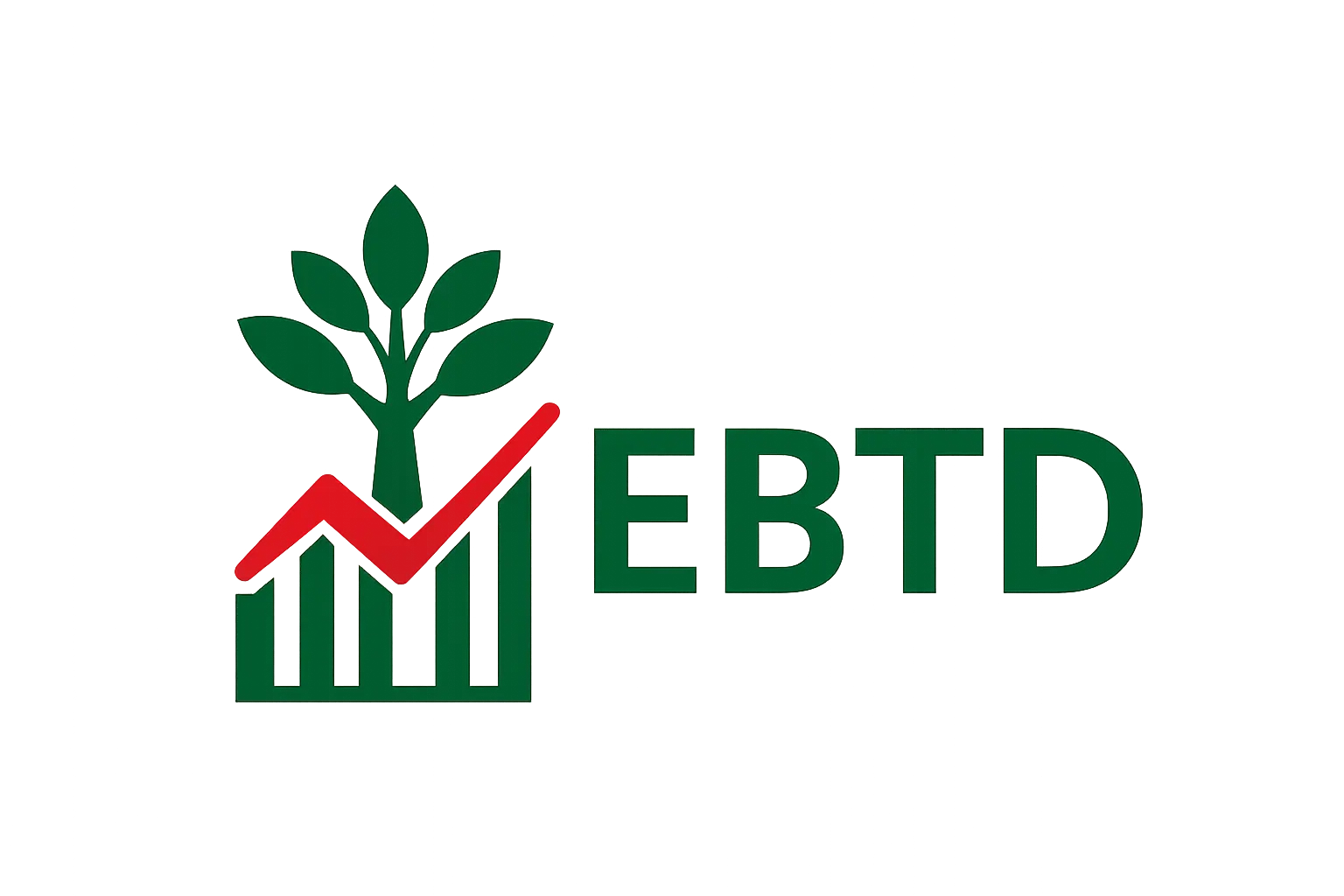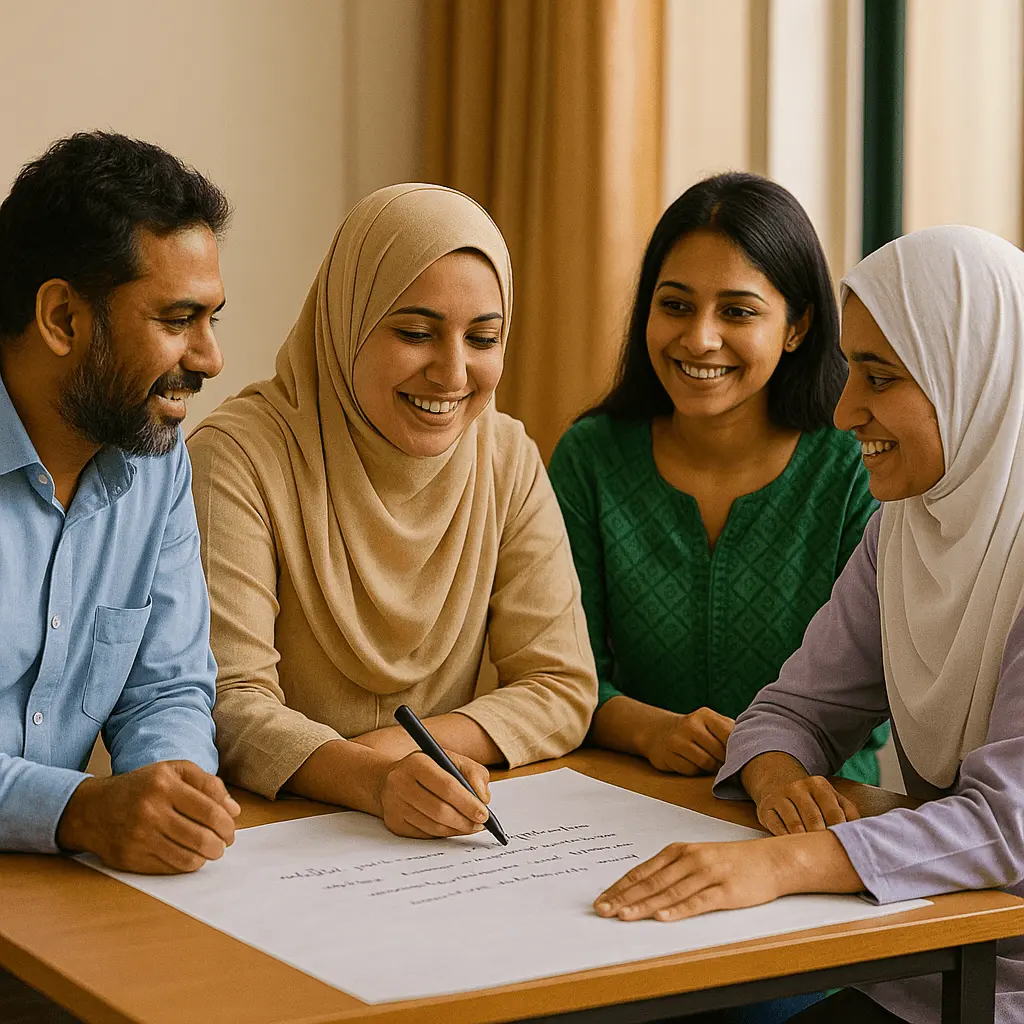
Teacher Training in Bangladesh (BD) – Evidence-Based Professional Development
Practical, research-grounded training for Bangladesh’s teachers. Study single modules or complete all six for the Integrated Teacher Development Award.
EBTD delivers teacher training in Bangladesh (BD) that turns global evidence into daily classroom practice — adapted for large classes, exam pressure, and real constraints.
Choose a focused module or take all six to earn the Integrated Teacher Development Award: Mastering Evidence-Based Pedagogy. Every pathway links to our wider ecosystem — Leadership training, Tutor training, and the BRIDGE whole-school review framework.
Six Core Modules — Study Individually or as a Complete Award
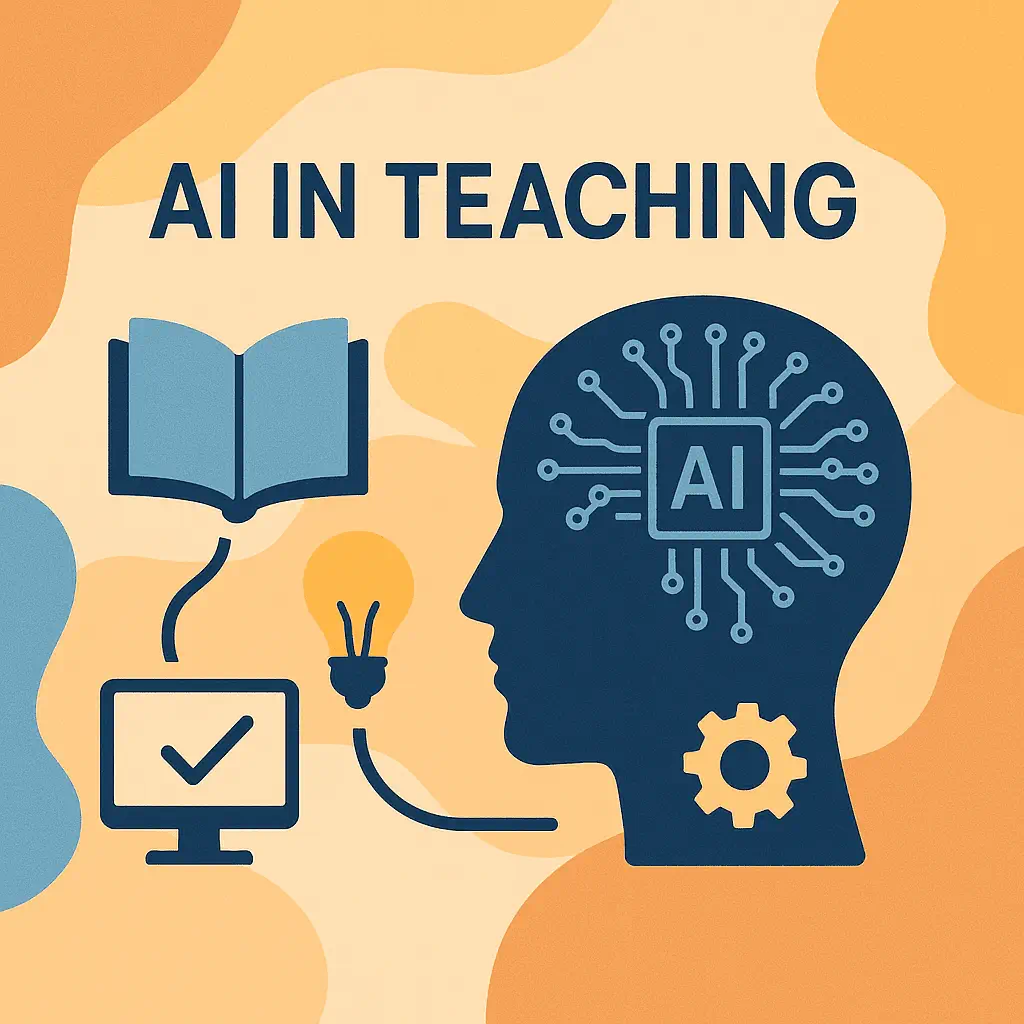
AI in Teaching (Bangladesh)
Use AI to enhance feedback, planning and student engagement — safely and practically in BD classrooms.
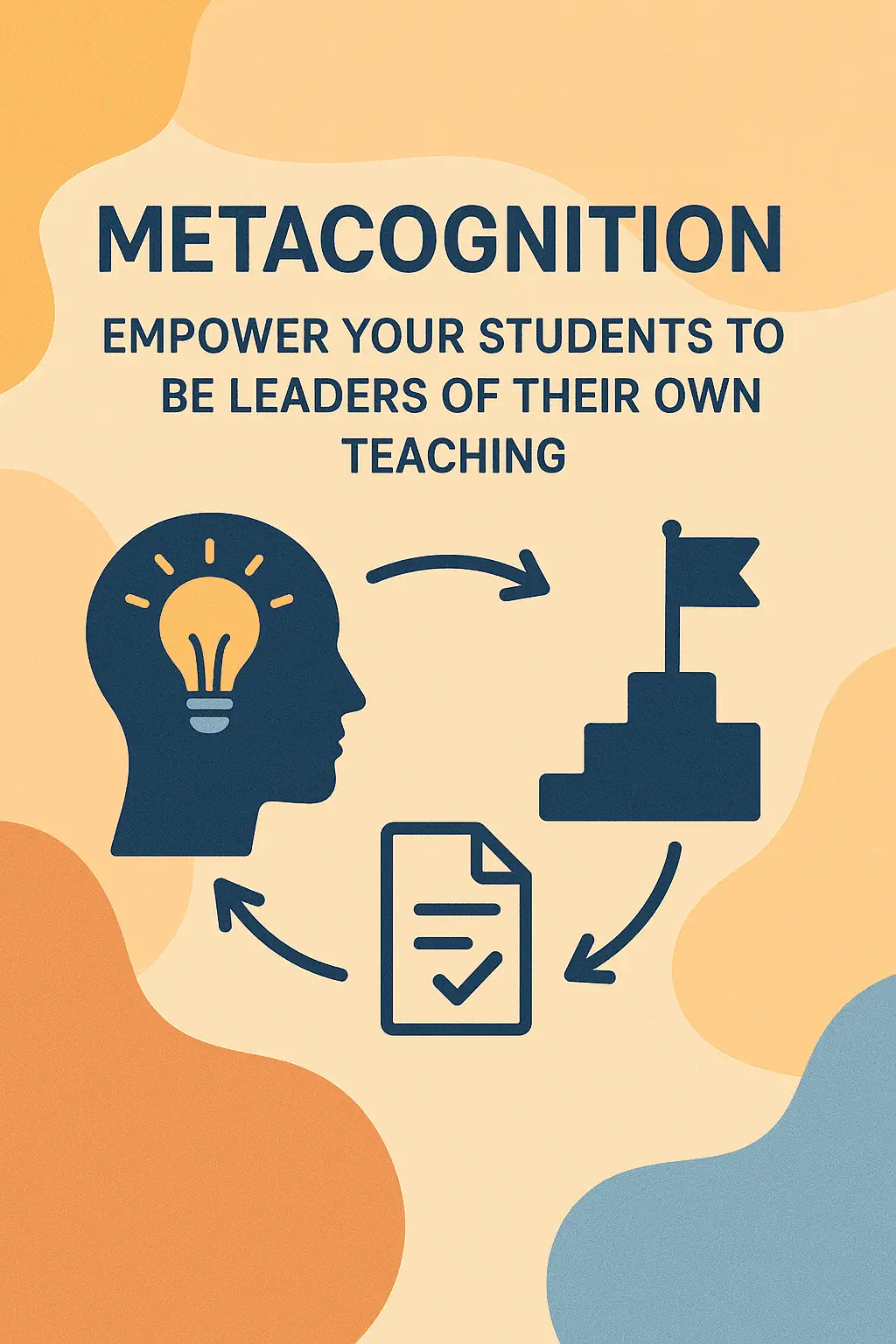
Metacognition
Help learners plan, monitor and evaluate their learning — strategies for independence and self-regulation.
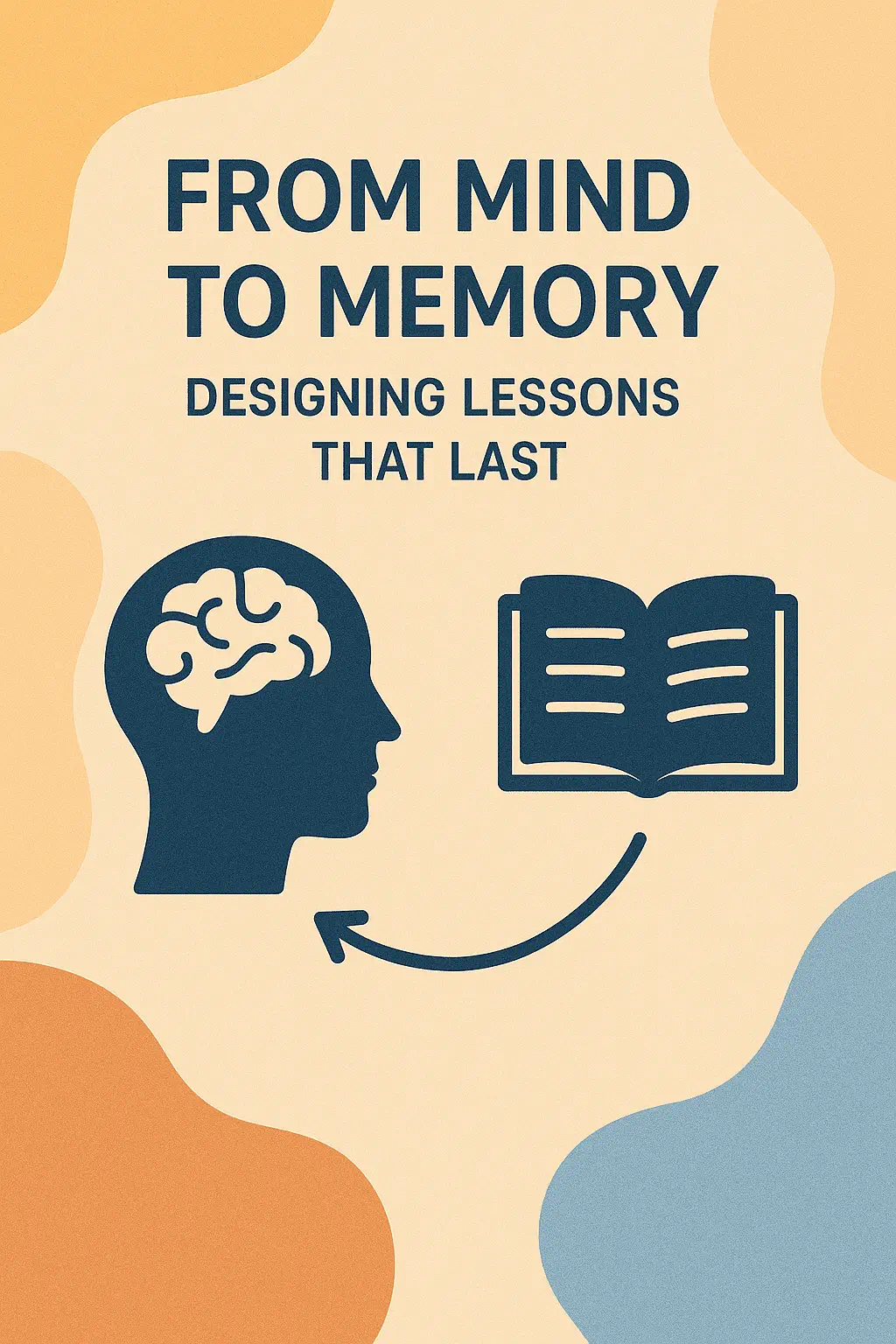
Mind to Memory
Apply cognitive science to make learning stick — spacing, retrieval practice, and worked examples.
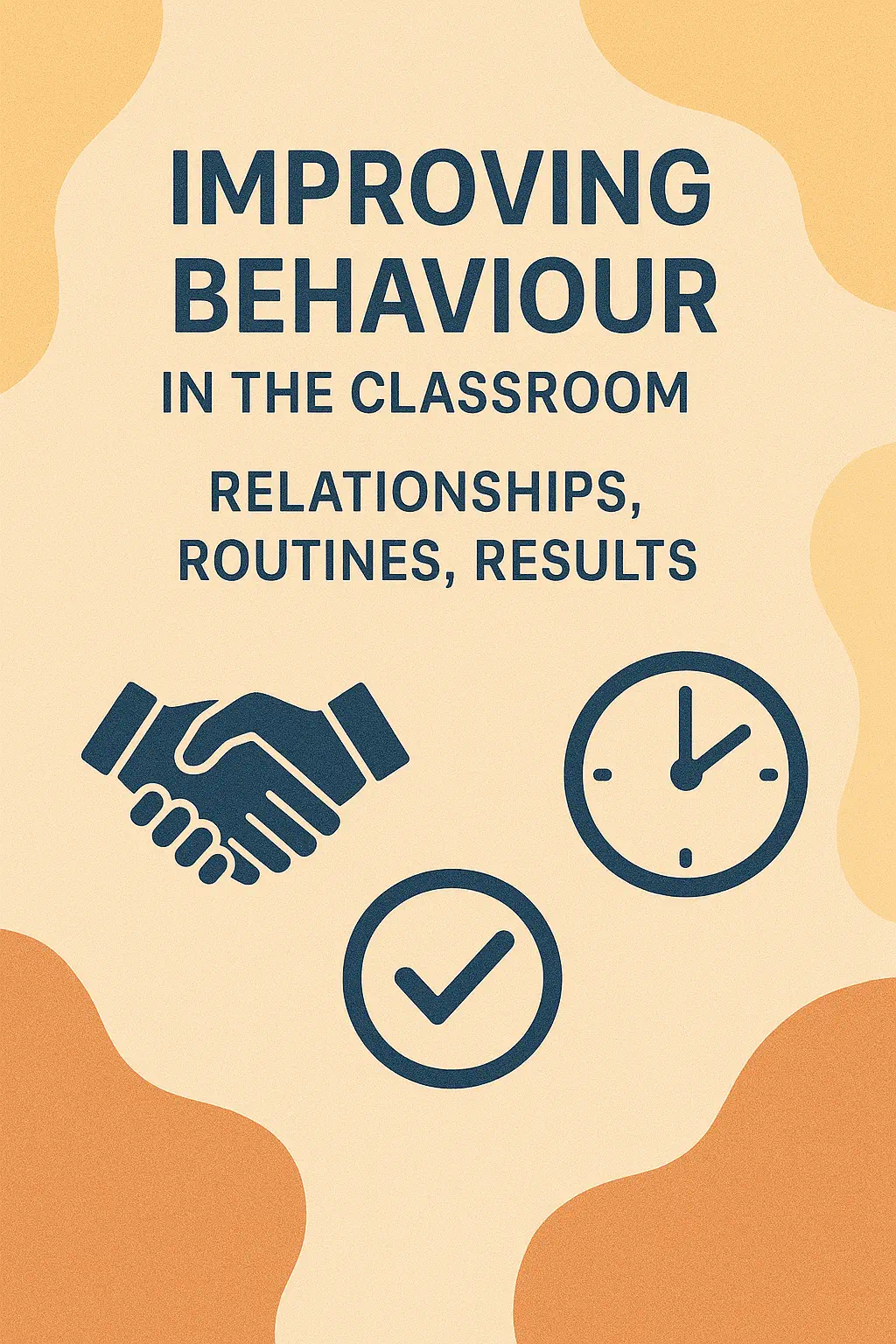
Improving Behaviour
Positive, research-driven approaches for calm, focused classrooms — scaled for large cohorts.
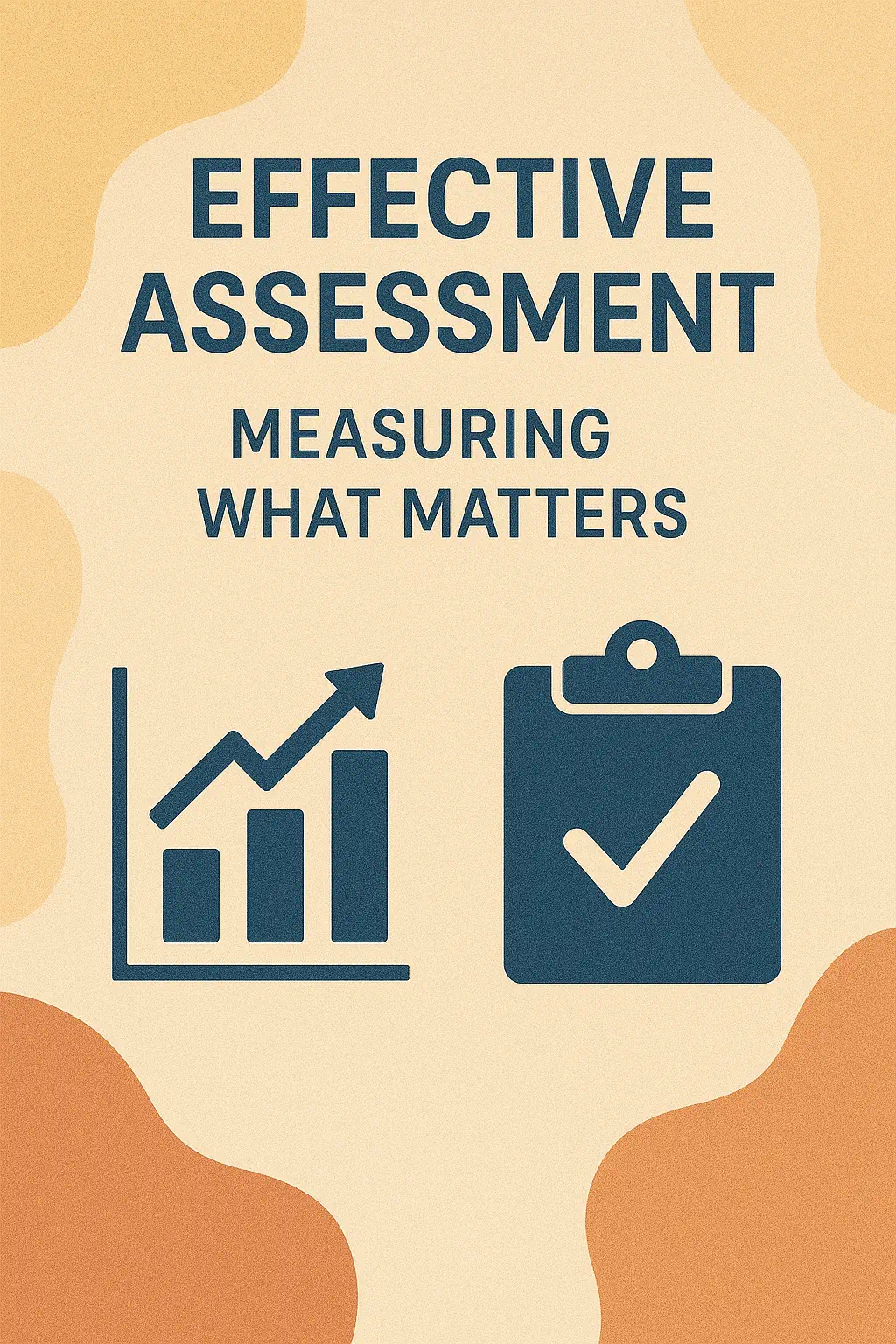
Effective Assessment
Balance formative and summative assessment to guide teaching and improve outcomes.
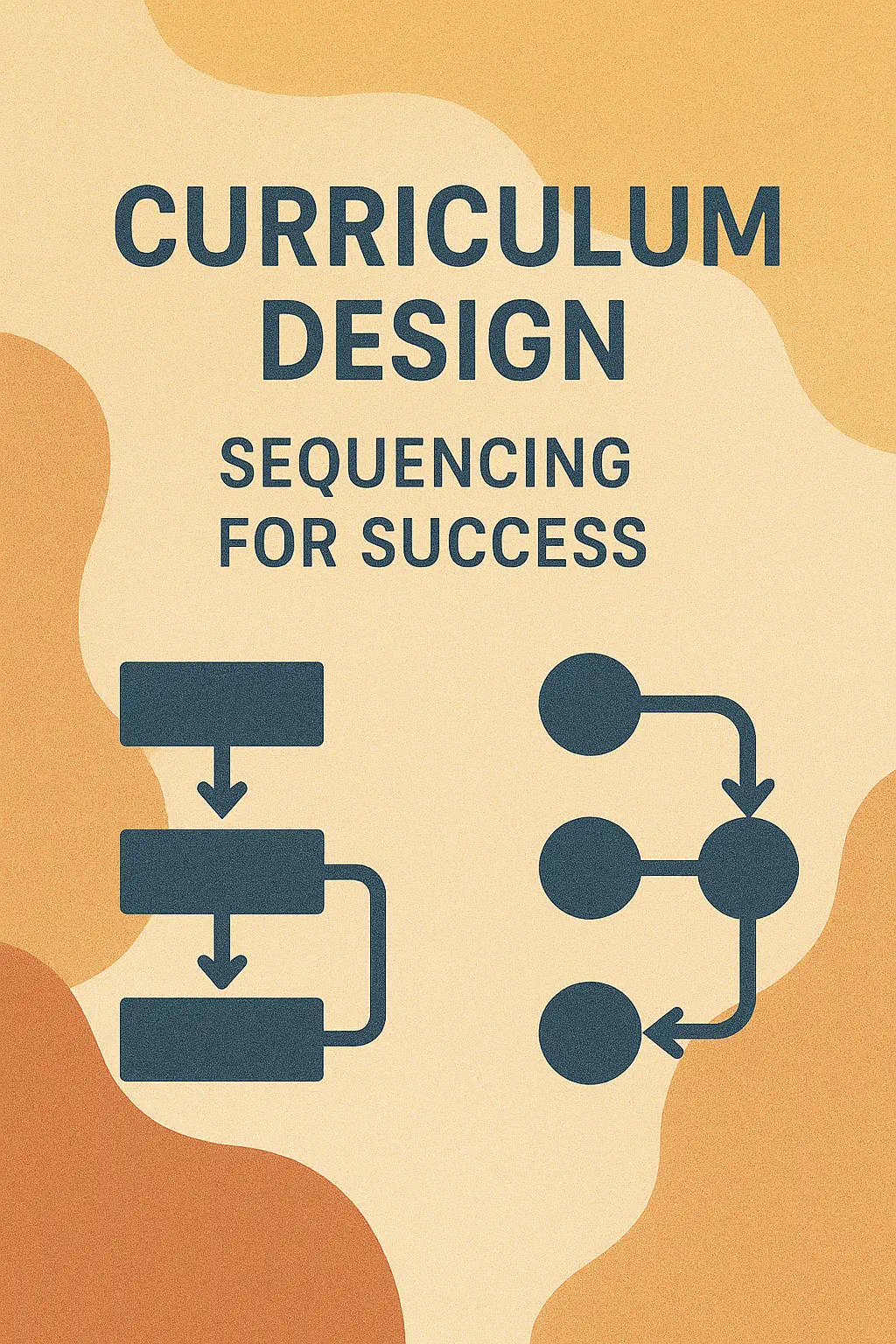
Curriculum Design
Plan for depth over coverage — coherent sequences, concepts and practice across the year.
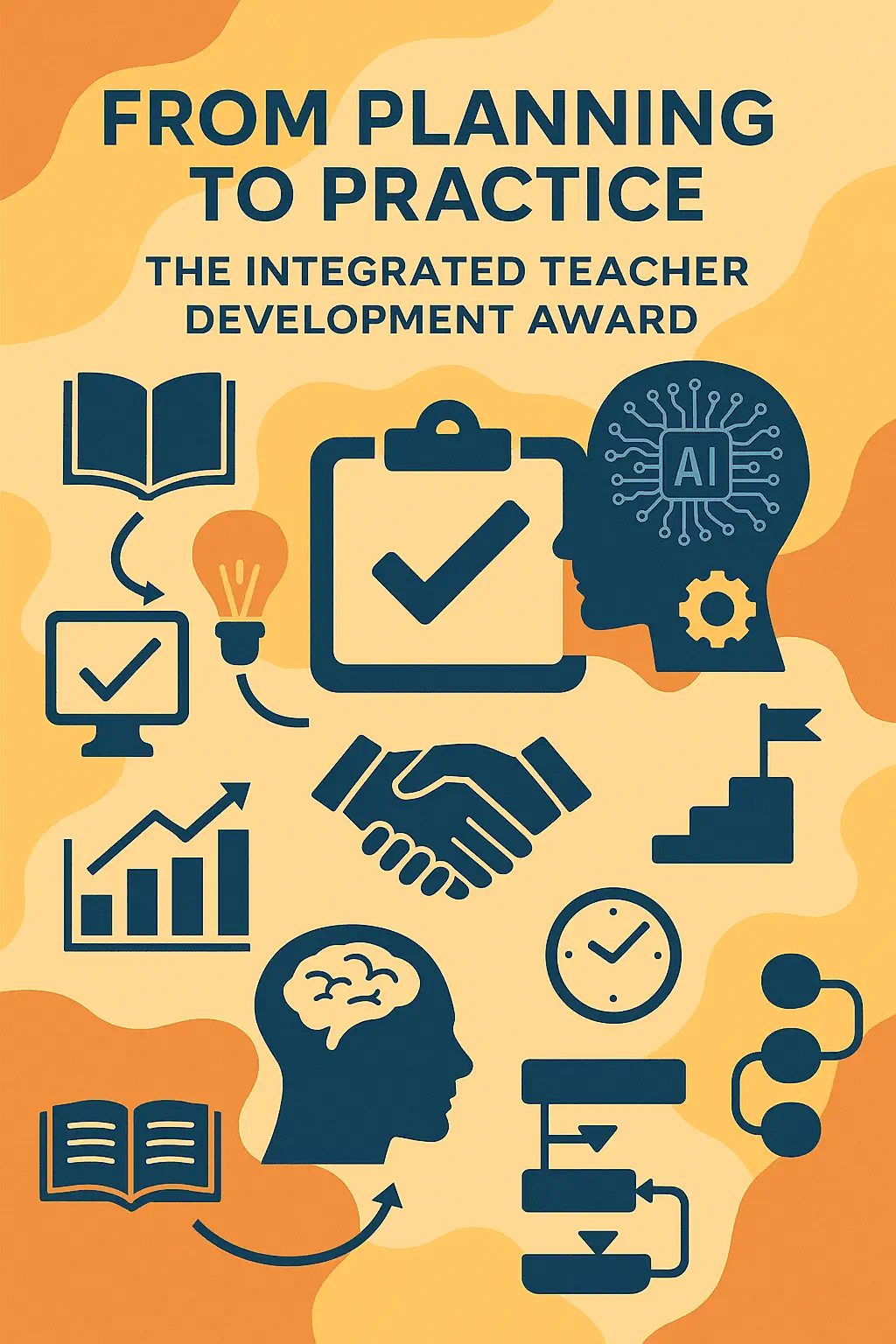
Integrated Teacher Development Award: Mastering Evidence-Based Pedagogy
Complete all six modules to earn the award and demonstrate mastery in evidence-based pedagogy for Bangladesh (BD).
View Programme Structure🎙️ Hear from the Team
In this episode of EBTD Teacher Voices, our team explores the question every educator in Bangladesh should be asking: if half a million teachers have been trained, why are learning outcomes still lagging behind? Drawing on national data, global research, and our own classroom experience, we unpack why traditional professional development so often fails to reach the student desk—and how the Integrated Teacher Development Award is designed to fix that gap.
The discussion goes beyond certificates and policy headlines. It focuses on what really works in classrooms—structured practice, cognitive science, metacognition, behaviour routines, and AI tools that save teachers time. Watch the full conversation below and discover how Evidence Based Teacher Development (EBTD) is helping teachers in Bangladesh turn research into measurable classroom change.
Advance Your Practice — and Lead Others
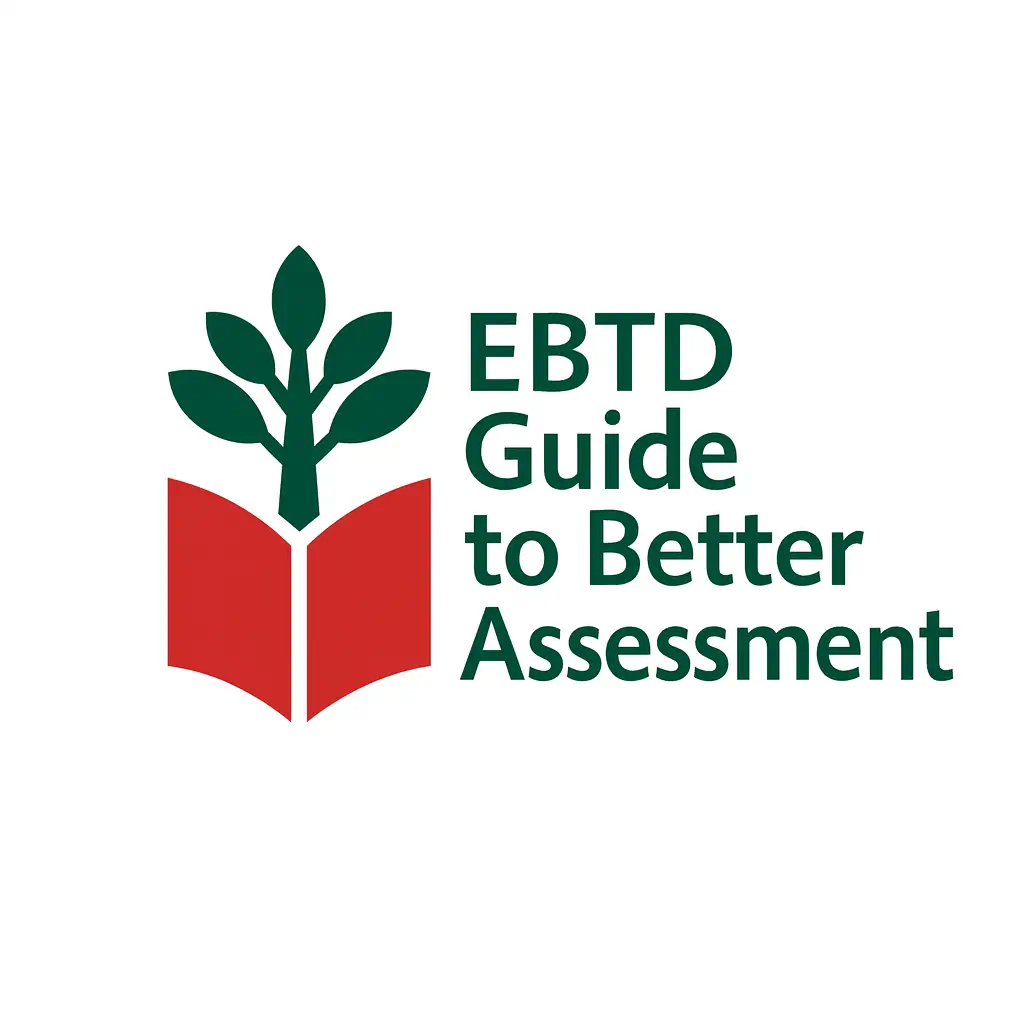
EBTD Professional Course: Developing Assessment Expertise
In-depth, practice-oriented assessment literacy and design for experienced educators.

Tutor Training Programme
Three-tier pathway for tutors in Bangladesh — from foundations to advanced practice.

Leadership Training Bangladesh
From classroom leadership to senior roles — build capacity and culture across your school.
From Individual Growth to Whole-School Improvement
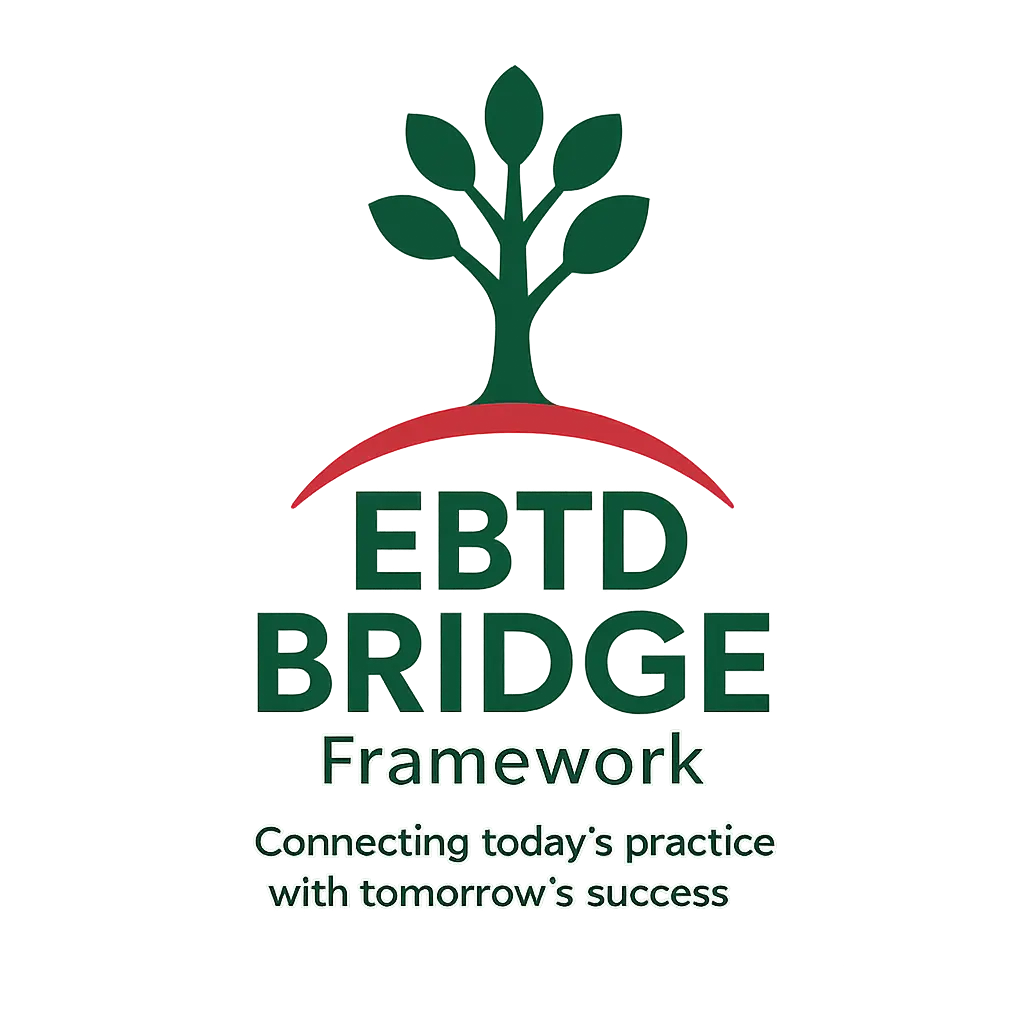
Use the BRIDGE Framework to diagnose strengths, target improvement, and track progress across teaching, leadership, and outcomes in Bangladesh.
Explore BRIDGEFrequently Asked Questions
Practical answers about EBTD’s teacher training in Bangladesh (BD)—what’s included, how it runs, and how it improves classroom practice.
What training modules does EBTD offer for teachers?
Our Integrated Teacher Development pathway includes six core modules: AI in Teaching, Metacognition, Mind to Memory (how learning sticks), Improving Behaviour, Effective Assessment & Feedback, and Curriculum Design. Schools can take the full sequence or select priority modules.
Who is the training for?
Classroom teachers at all stages (early years to secondary), new teachers who need a strong foundation, and experienced staff seeking evidence-based refreshers. We also support mentors, heads of department, and instructional coaches.
How is the training delivered?
Short, focused inputs combined with planning time, modelling, rehearsal, and classroom trials. Between sessions, teachers apply one or two high-leverage strategies and bring back evidence for feedback.
Is it in-person, online, or hybrid?
Any of the three. Many Bangladesh (BD) schools choose hybrid—live online clinics for momentum plus termly in-person intensives for deep practice and coaching.
How long does it take?
Each module is typically a compact cycle (e.g., 2–4 sessions) with classroom application in between. Full pathways can run across a term or year, depending on your timetable and priorities.
How is the content adapted for Bangladesh (BD)?
Every module is contextualised for BD realities—large classes, fixed benches, exam pressure, limited resources, and bilingual classrooms. Examples, tasks, and tools are designed for these conditions.
What evidence underpins the training?
We synthesise robust international research and align with reputable frameworks, then translate findings into BD-specific routines. Related materials are available in our Research Hub.
What does impact look like?
We agree simple impact signals at the start—e.g., quality of explanations and checks for understanding, behaviour routines, task design, and feedback cycles—then track these through walkthroughs, student work, and brief data checks.
Do you provide materials and tools?
Yes—planning templates, modelling scripts, observation/feedback rubrics, assessment checklists, and classroom visuals. Key items can be provided in Bangla.
Can we focus on just one area, like behaviour or assessment?
Absolutely. Many schools begin with a laser-focused theme (e.g., behaviour culture reset, feedback that reduces marking load, or curriculum alignment) and expand once habits are established.
Is there follow-up coaching?
Yes. We can add coaching cycles for mentors/HODs to sustain practice: short, frequent conversations using agreed look-fors and bite-sized next steps.
How do we start?
Book a short scoping call so we can map the priorities and cadence that fit your timetable. Contact us to discuss options.
If you found this useful, join the EBTD newsletter for monthly, research-backed tips, free classroom tools, and updates on our training in Bangladesh—no spam, just what helps. Sign up to the newsletter and please share this blog with colleagues or on your social channels so more teachers can benefit. Together we can improve outcomes and change lives.
